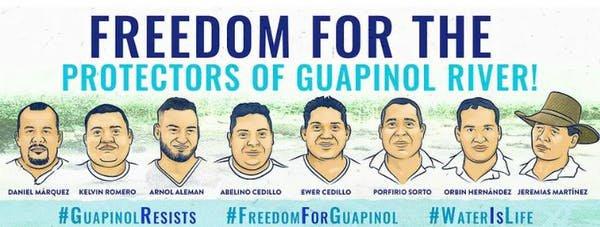While many applaud the swift extradition request, Hondurans and those knowing its history are well aware of the dismal role played by the US under the JOH regime in propping him up. Sentator Patrick Leahy finds clear words her: "Throughout the past eight years of decay, depravity, and impunity, successive U.S. administrations sullied our reputation by treating Hernandez as a friend and partner. By making excuse after excuse for a government that had no legitimacy and that functioned as a criminal enterprise, U.S. officials lost sight of what we stand for and that our real partners are the Honduran people." Similar words from Senator Senator Jeff Merkley: "“It was completely unacceptable that the U.S. government was supporting former President Hernández despite his extensive ties to narco-trafficking, including an alleged pattern of using campaign funds and taxpayer resources to protect and facilitate drug shipments to the United States."
- Home
- About Us
- Issues
- Countries
- Rapid Response Network
- Young Adults
- Get Involved
- Calendar
- Donate
- Blog

